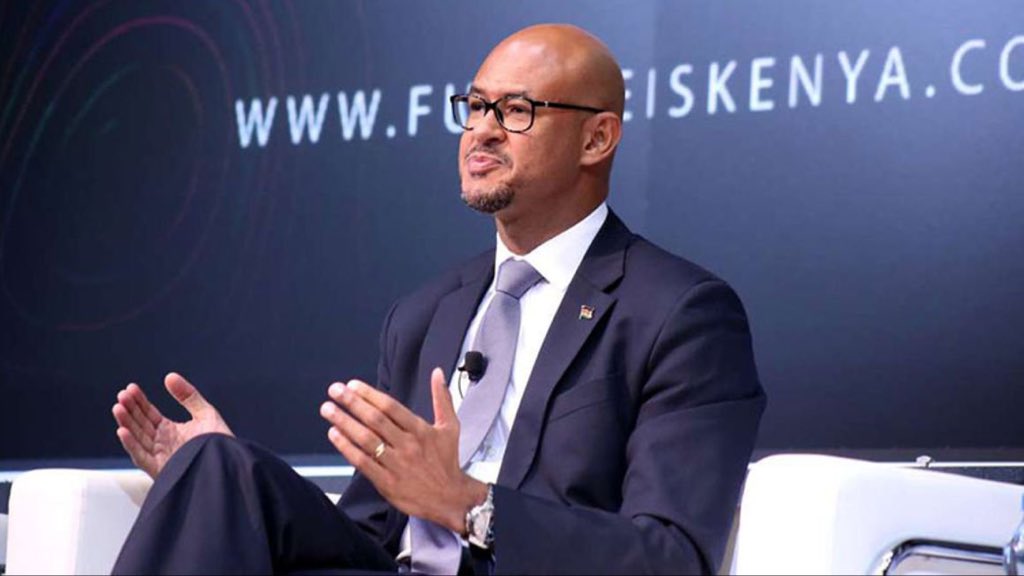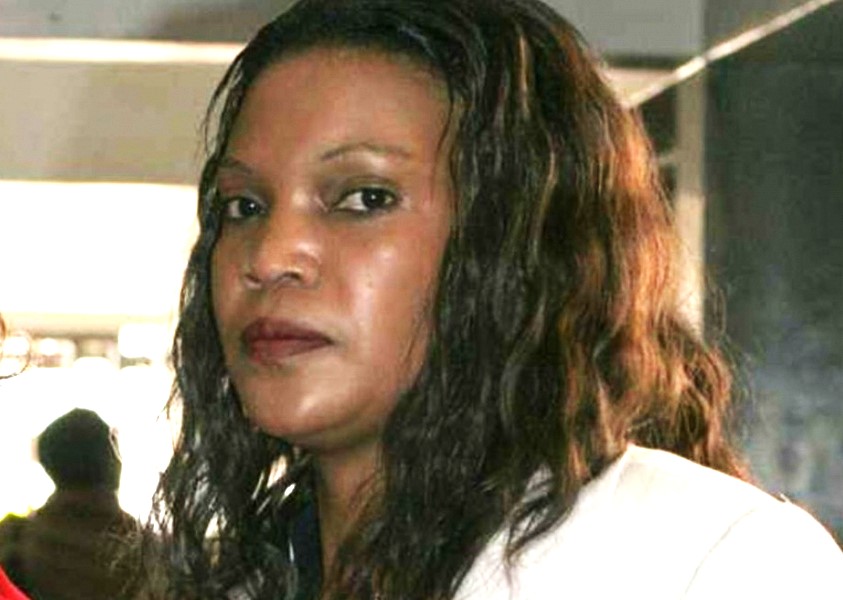The World of Life Centre and Church has been awarded Ksh 21,520,700 in a dispute with Ecobank, which it accused of permitting a single signatory to operate its account in violation of a special board resolution. The resolution mandated that the account be operated by any two of its three authorized signatories. It also required that the third signatory, who did not participate in any transaction, be notified or alerted about the details of such transactions. However, the court ordered the Church to bear 30% of the award due to its contributory negligence.
In his ruling, Justice Freda Mugambi of the Milimani Commercial Courts also granted the Church Ksh 500,000 in general damages but directed it to shoulder half of the suit’s costs due to its contributory negligence. Additionally, interest on both awards will accrue at court rates from the date the suit was filed on July 8, 2022, until payment in full.
The dispute arose after the bank acted on a letter from the Church that purportedly authorized the Chairman, Daniel Munalo Bushebi, to operate the account solely or with Elizabeth Nyambura Njoki, the Treasurer, and Daniel Eyinda Asumwa, the Secretary, in transactions involving Bushebi.
The Church, which regularly receives donations from its mother church in Canada to support various charitable and philanthropic activities, opened two accounts with the bank in 2015, one in US dollars and another in Kenyan shillings, to facilitate its operations in Kenya.
The suit was filed by Asumwa and another official, George Akello
In its plaint, the Church alleged that the bank breached the contractual agreement in 2019 by failing, refusing, or neglecting to notify Asumwa of transactions carried out by one or both of the other co-signatories.
When Asumwa inquired why he was not being informed of the transactions, the bank responded that it had received a letter allowing Bushebi to operate the account solely, provided the others were made aware.
The Church requested a copy of this letter, but the bank refused to provide it
The Church further asserted that the bank, without its knowledge, permission, or authority, unilaterally and selectively introduced an online transaction service known as “Omni.” The bank trained and inducted only Bushebi, making him the sole administrator of the Omni service while excluding the other signatories.
The Church claimed that the introduction of the Omni service was part of a scheme orchestrated by the bank’s employees and Bushebi, which facilitated the transfer of substantial sums to accounts operated by the bank’s employees and Bushebi himself, to the Church’s detriment.
It also accused the bank of providing a forged statement of account when the Church sought to know its account status.
In its defence, filed on September 7, 2022, the bank confirmed that the Church’s resolution authorized the Chairman, Secretary, and Treasurer—either jointly or severally—to open and operate the accounts with the bank as signatories.
The bank stated that it conducted due diligence with the Registrar of Societies and obtained an independent report dated June 26, 2015, on the Church’s registered officials.
The bank further claimed that on July 3, 2015, the Church, through its appointed signatories, applied for access to the accounts via the Omni platform. As part of the setup, Bushebi was designated as the authorizer, Asumwa as the supervisor, and Njoki as the inputter.
The bank contended that this arrangement meant account signing instructions remained “two to sign,” requiring all transactions to be initiated by Njoki and subsequently approved by both Bushebi and Asumwa.
The bank maintained that this setup was properly approved, and Internet banking rights were granted to all three officials.
Moreover, the bank stated that on February 22, 2019, the Church requested changes to the email addresses of two officials—Bushebi and Njoki—and claimed the letter was signed by both signatories, including Njoki.
The bank argued that it was disingenuous for Njoki to claim she was neither aware of nor involved with the Omni platform.
Additionally, the bank stated that on March 1, 2019, the three Church officials informed the bank of their decision to change the signing mandates from “two to sign” to Bushebi signing alone. The letter was delivered by Njoki and confirmed by the bank via a mobile phone call with Bushebi on the same date.
Justice Mugambi noted that, given the Church’s status as a corporate account requiring multiple signatories, the decision to alter the mandate to a sole signatory should have prompted heightened scrutiny.
“The bank had a duty to exercise due diligence, especially since such a significant change increased the risk of unauthorized control over the account. Instead of relying solely on Bushebi’s confirmation, the bank should have sought verification from the other signatories or, at the very least, from the Church itself through an official channel. By failing to do so, the bank neglected standard verification procedures, setting in motion a series of unauthorized activities and transactions on the Church’s accounts,” he stated.
Justice Mugambi also noted that the bank’s confirmation that the change in signing mandate applied to the Omni platform effectively made Bushebi the sole approver of transactions.
While the bank maintained that the platform required an initiator and an authorizer, the evidence indicated that Bushebi operated the platform solely. The lack of records confirming that Omni platform passwords were sent to all three signatories strengthened Asumwa and Njoki’s assertion that they never accessed or operated the platform.
Justice Mugambi criticized the bank for failing to follow standard verification procedures and for not disclosing its internal investigation report, despite multiple requests from the Church.
Regarding the forged bank statement dated August 16, 2021, the judge found no dispute that it was indeed a forgery.
The court further ruled that prudential guidelines require banks to make inquiries on large, frequent, or unusual transactions, and the bank’s failure to do so amounted to negligence.
Justice Mugambi found that the Church’s funds were irregularly and unlawfully diverted to third parties, resulting in a proven loss of Ksh 21,520,700, based on a report by Lawrence Thothi, an accountant.
However, the Church’s officials were also found to have been aware of the irregularities but failed to report them, contributing to the losses.
Testimony from Ms Joyce Mwangi, Operations Manager at the bank’s Industrial Area Branch, revealed that Asumwa and Njoki received substantial sums from the Church’s accounts into their personal accounts during the period in question.
Justice Mugambi concluded that there was a collective failure in safeguarding the Church’s account, necessitating that the Church bear partial responsibility for the resulting losses.





